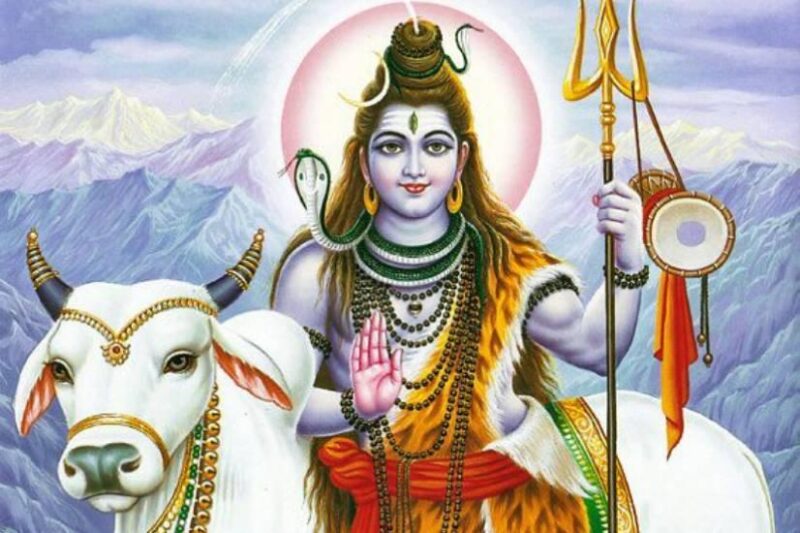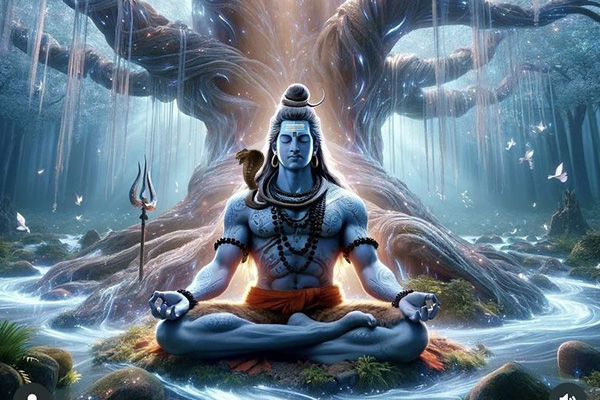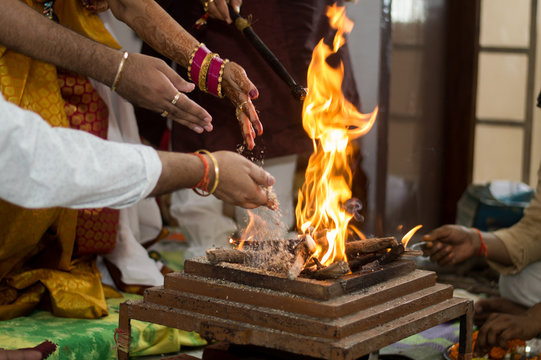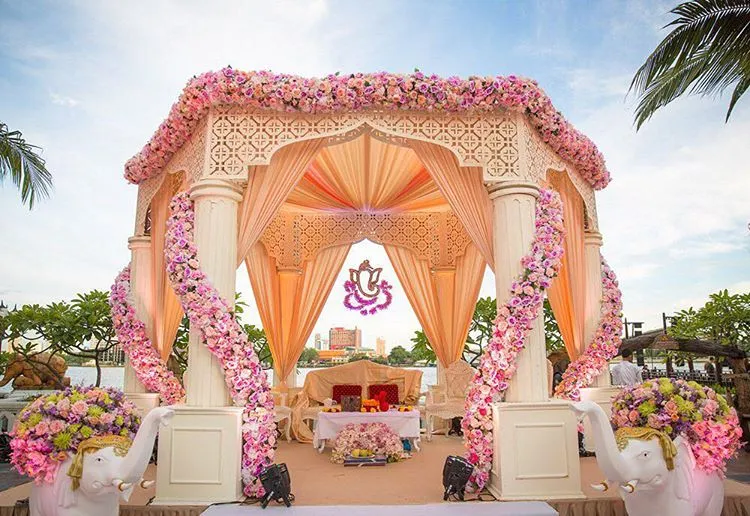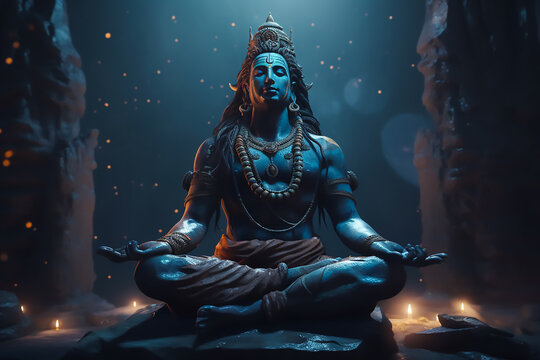Hinduism Cremation
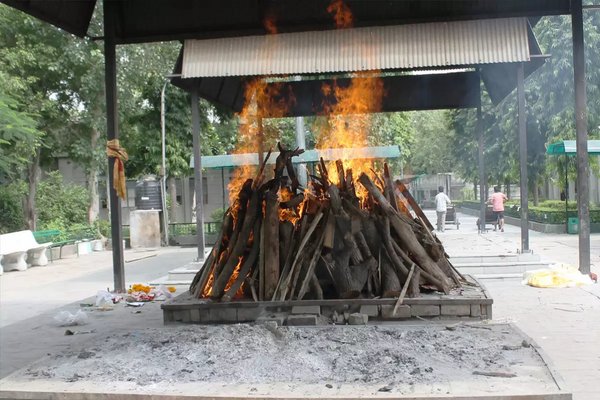
In Hinduism, cremation is a common funeral practice. The belief in reincarnation is a central tenet of Hinduism, and cremation is seen as a way to release the soul from the body, allowing it to move on to the next life. The body is considered temporary, and the focus is on the eternal nature of the soul.
What is the cremation in Hinduism?
In Hinduism, cremation is the traditional method of disposing of a deceased person’s body. The practice is deeply rooted in Hindu beliefs about the nature of life, death, and the soul.
The process of Hindu cremation typically involves several steps:
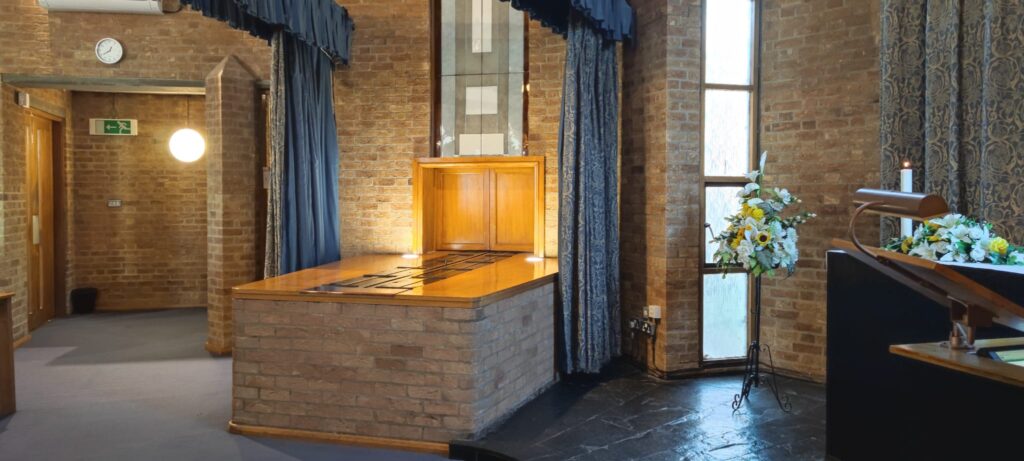
Preparation of the Body for cremation: Before cremation, the body is bathed, adorned with flowers, and sometimes wrapped in a simple white shroud. The deceased is often placed on a stretcher or bier and brought to the cremation ground.
Transportation to the Cremation Ground:
In cremation, The body is taken to a cremation ground, which is often located near a river. The Ganges River, in particular, is considered sacred for Hindu cremations.
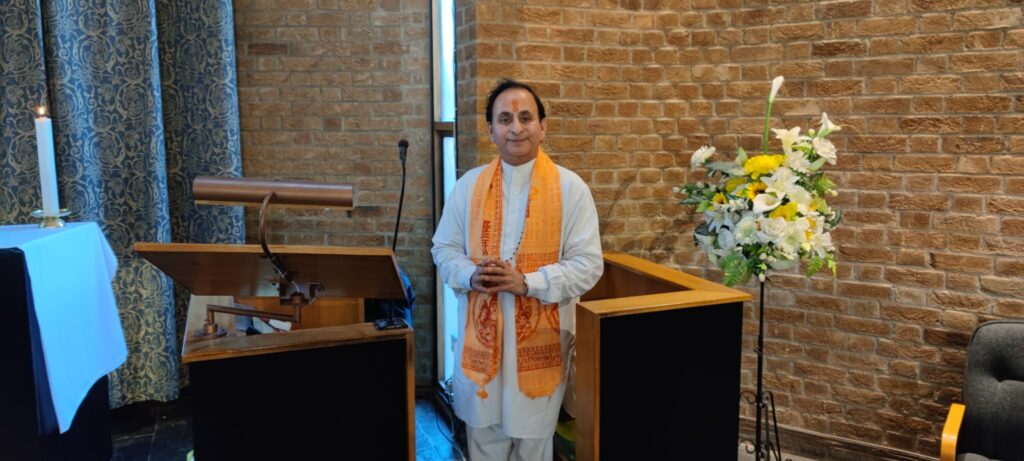
Ceremonies and Rituals in Cremation:
Before the cremation, there were various rituals and ceremonies conducted by Hindu priests and family members. Mantras (sacred chants) are recited by Hindu priests, and offerings may be made to the deceased. The family may also circle the body before the cremation begins.
Building the Funeral Pyre in Cremation:
A pyre is constructed using wood, and the body is placed on top of it. The pyre is often set up facing south, which is considered auspicious in Hinduism Cremation. The type of wood used and how the pyre is constructed can vary.
Lighting the Pyre:
The eldest son or another close family member traditionally lights the funeral pyre in cremation. This act is symbolic and represents helping the deceased person transition to the afterlife. Fire is considered a purifying element in Hinduism Cremation.
Cremation Process:
The pyre is allowed to burn until the body is reduced to ashes in cremation. The heat generated by the fire accelerates the decomposition of the body. The cremation process is a significant ritual, and the body is not supposed to be fully intact after the process.
Collection of Ashes:
After the cremation, the ashes and any remaining bone fragments are collected. The ashes are often placed in an urn or another container.
Immersion of Ashes:
The final step is often the immersion of the ashes in a sacred river, particularly the Ganges. This is believed to facilitate the soul’s journey to the afterlife and symbolizes the cyclical nature of life and death.
It’s important to note that while cremation is the predominant method, there are regional and cultural variations in Hindu funeral practices. Additionally, some individuals may choose alternative methods, such as burial, for various reasons. The specifics of the cremation process can also vary among different Hindu communities and sects.
Importance of Hinduism cremation
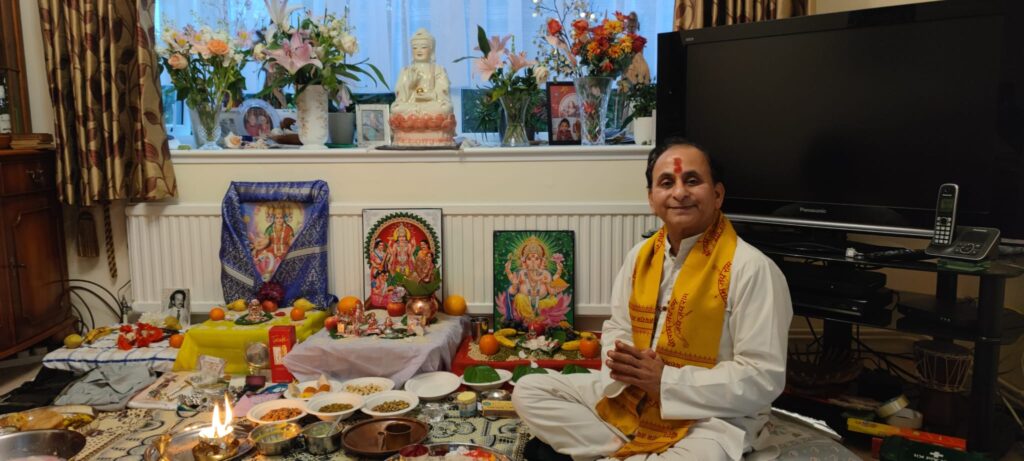
Cremation holds significant importance in Hinduism, and it is considered one of the primary methods of handling the deceased in the Hindu tradition. The importance of this in Hinduism can be understood through various religious, cultural, and philosophical perspectives:
Moksha (Liberation):
Hinduism teaches the concept of reincarnation, where the soul undergoes a cycle of birth, death, and rebirth (samsara). It is believed to release the soul from the body, facilitating its journey towards moksha, or liberation from the cycle of reincarnation.
Purification of the Elements:
Hindus believe that the body is composed of five elements – earth, water, fire, air, and space. It is seen as a way to return the body to these elements, symbolizing the impermanence of life and the cycle of creation and dissolution.
Release of the Atman (Soul):
The cremation process is thought to release the atman (soul) from the physical body. This separation is crucial for the soul to continue its journey and experience subsequent incarnations.
Respect for the Deceased:
It is considered a respectful way to dispose of the deceased’s physical remains. It is believed that by offering the body to the sacred fire, the individual is given a proper farewell, and the soul can peacefully move on to the next stage of its spiritual journey.
Agni (Fire) as a Purifier:
Fire, or agni, holds a special place in Hindu funeral rituals as a purifying element. Cremation in the sacred fire is believed to purify the soul and remove any impurities associated with the physical body.
Practical Considerations:
In densely populated regions where burial space is limited, cremation provides a more practical and efficient way to handle the deceased. It allows for the return of ashes to nature or their immersion in sacred rivers, which are considered spiritually significant in Hinduism.
Traditional and Cultural Norms:
It has been a long-standing tradition in Hindu culture, and adherence to these customs is often seen as a way to honor the cultural heritage and religious practices passed down through generations.
While It is the predominant practice in Hinduism, it’s essential to note that there may be regional and individual variations in customs and rituals associated with death and funerals within the diverse Hindu community.
Why do Hindus cremate their dead?

In Hinduism and Hindu funeral traditions, the basic ethos is that God is within each living being and the purpose of life is to become aware of this divine essence. Hindus believe in reincarnation; the belief that when someone dies, the soul is reborn in a different form.
Although the physical body dies, the soul remains and continues to recycle until it settles upon its true nature. This can take many lifetimes, and with each death, they strive to move closer to Brahman the Hindu God. We believe that your actions or Karma in this life will influence your next life.
What happens after burning the dead body?
After death, the outer flesh, and the physical body serve no purpose and the quickest way to release the soul & help in the reincarnation process is to burn the body.
Historically, Hindu cremations would take place on the holy river Ganges, India, and the family would carry the casket to the crematorium site. However, these days Hindus are cremated locally, but very often, the ashes are still taken to the Ganges.
In Hinduism, all material offerings are made to Agni, or Lord of Fire, who also acts as the purifier. The physical body is offered to him only during the cremation.
Chanting Hindu funeral mantras plays a big role in the Hindu faith, as they are thought to help you release positive energy, experience divine consciousness, and reach eternal peace. Because Hindu funeral mantras can provide serenity and comfort, Hindu funeral attendees often chant them.
Hindus believe that the body is made up of the five elements namely: earth, water, fire, air, and space. By burning, you return the five physical elements to their source.
This chapter discusses the Hindu understanding of death as the last of the sixteen sanskaras or sacraments of life. Rituals at the time of death serve to comfort the grief of the family and offer practical support. Hindus practice cremation, sometimes in modern facilities in urban areas but still frequently on riverbanks, especially in the holy city of Benares on the river Ganges. The oldest son has special responsibilities for performing rituals before cremation. Following the cremation, the family may read Hindu scriptures for seven days, provide a feast, and do charitable work for the community. Outside India, Hindu practices adapt to their context, but cremation still takes place; the family may return to India to disperse the ashes in a holy place.
